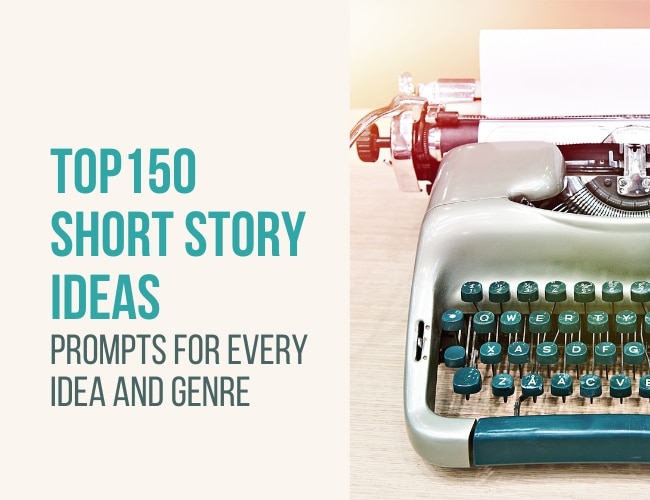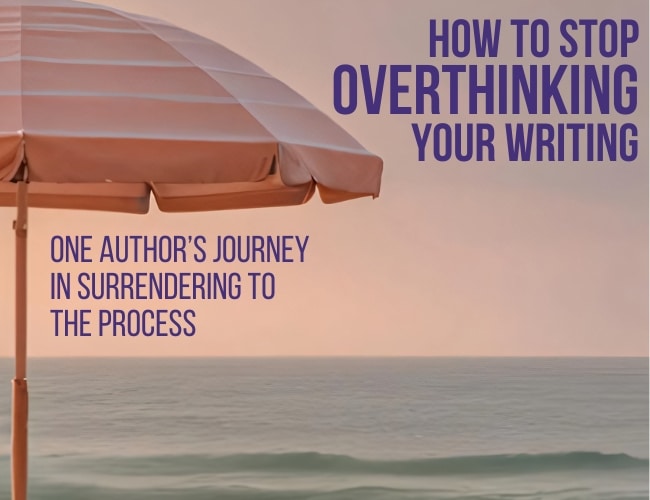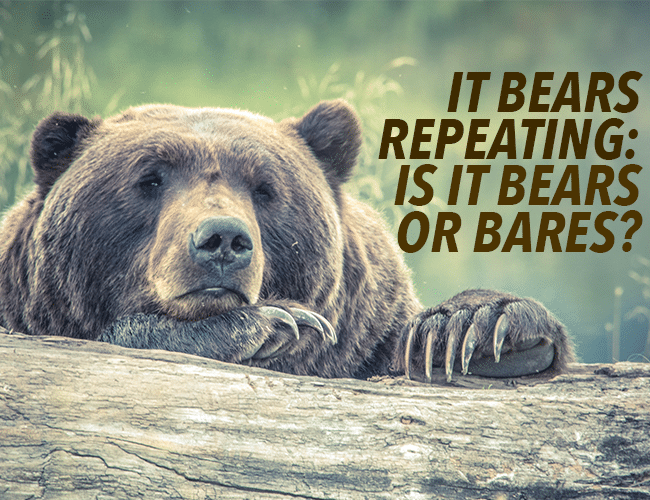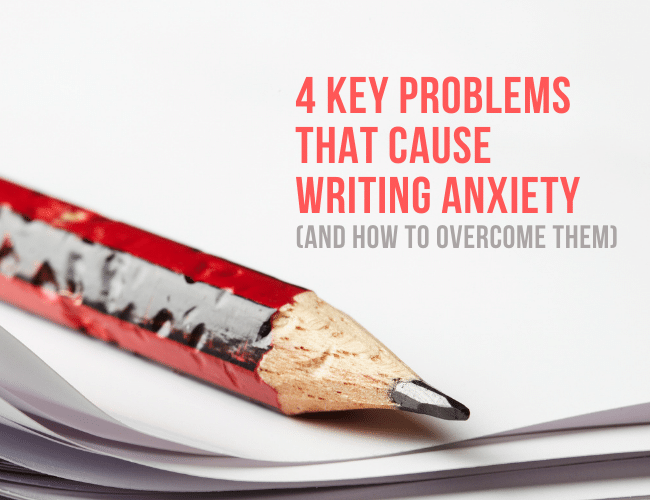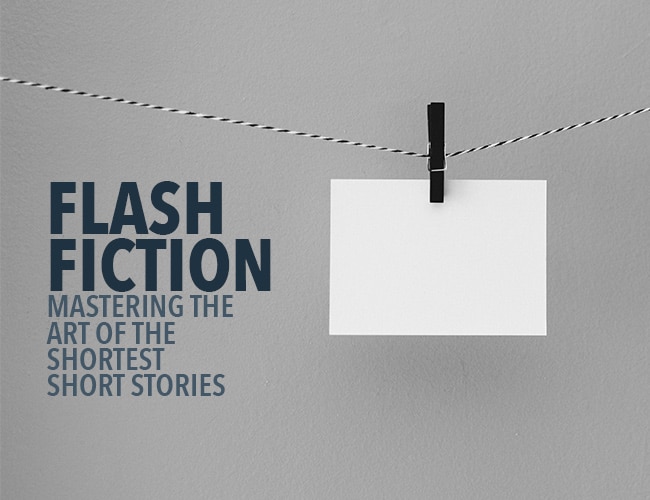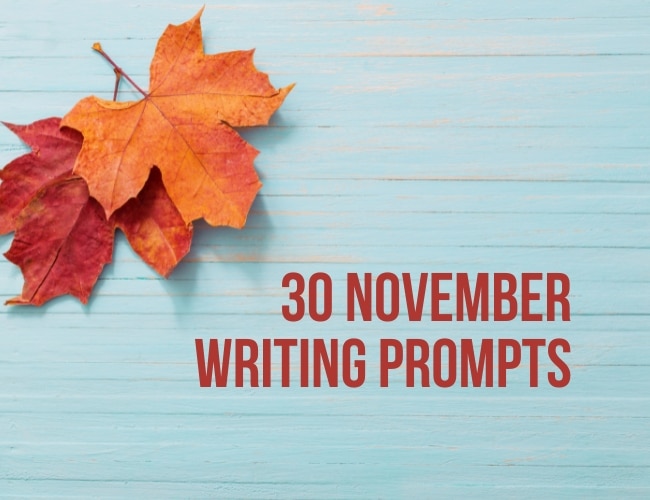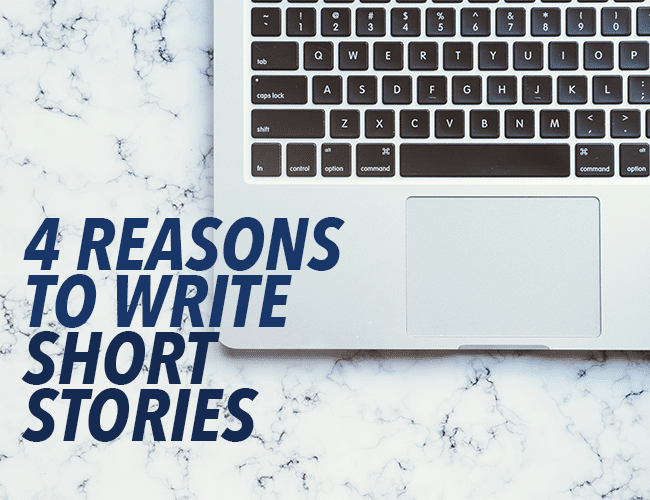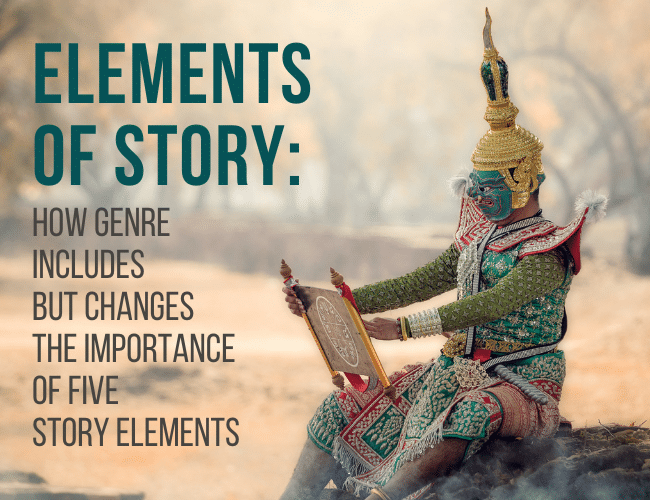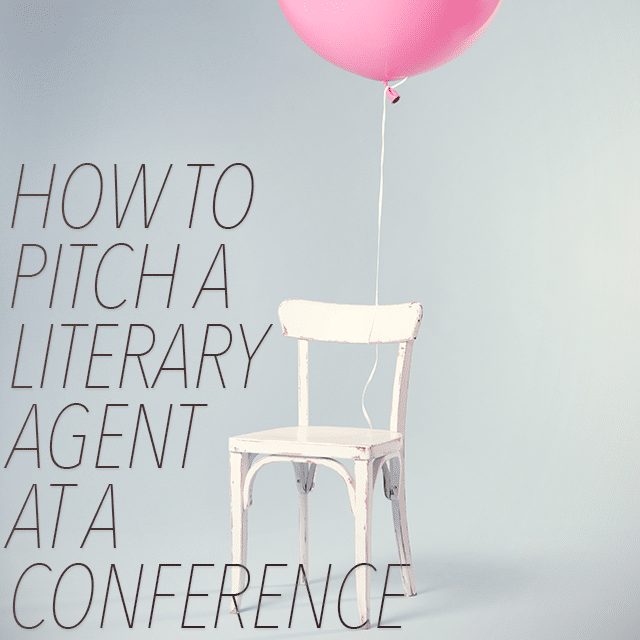Do you want to write but just need a great story idea? Good news! Below are 150 short story ideas for all your favorite genres. You can use them as writing prompts for writing contests, for stories to publish in literary magazines, or just for fun!
Get started writing with one of these short story ideas today.
